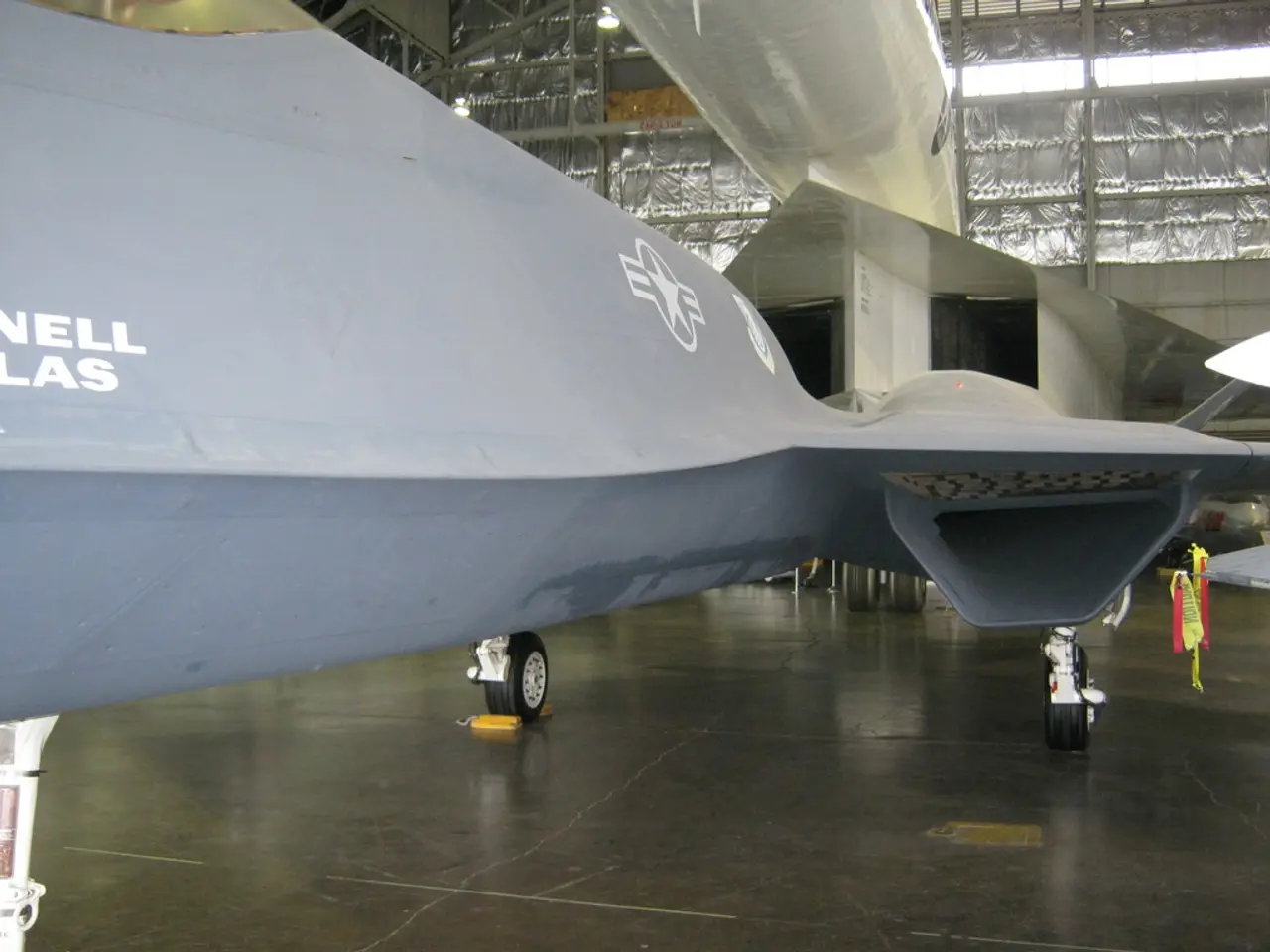Low-cost airline EasyJet falters amidst rival's success
**EasyJet Navigates French Strike and Fuel Costs with Caution, Maintains Positive Medium-Term Outlook**
EasyJet, the low-cost airline, has shown more caution in its approach due to the ongoing French air traffic controllers' strike, which has disrupted significant parts of European air traffic and affected the summer season. Despite this, the airline reported a strong performance in the third fiscal quarter, ending in June.
For Q3 2025, EasyJet posted a headline profit before tax of £286 million, improving £50 million from the previous year, with revenues up 10.9% to £2.92 billion. Passenger numbers rose 2%, load factor improved slightly, and revenue per available seat kilometer (RASK) increased 0.5% year-on-year. However, costs per seat rose by 5.3%, mainly due to higher fuel prices and an estimated £15 million impact from the French air traffic controllers' strike.
The strike and fuel costs contributed significant headwinds, increasing overall costs, but these were offset by rises in ancillary revenues, such as seat allocation, baggage fees, and food, now comprising 25% of total revenue. Notably, EasyJet Holidays showed strong growth and is expected to contribute over £235 million in profits for the full fiscal year, with ambitions to exceed £250 million of annual pre-tax profit in the medium term.
The Group sold 67% of its fourth-quarter capacity by mid-July 2025, indicating cautious optimism. The final fiscal 2025 outcome will depend on late summer bookings and yield. Financially, EasyJet strengthened its liquidity with net cash increasing to £803 million by June 30, 2025, improving from £327 million in March 2025. They have also taken ownership of all nine expected aircraft deliveries, signaling fleet expansion readiness.
CEO Kenton Jarvis expressed confidence in the medium-term outlook, highlighting steady profit growth prospects despite ongoing challenges, including industrial actions and fuel price pressures.
Meanwhile, EasyJet's stock has seen a seven percent decline as a result. In contrast, Norwegian Air Shuttle, another low-cost airline, reported a profit for the second quarter of the current year that exceeded market expectations and saw a significant gain in its stock following the announcement.
For those who have the Turbo-Long recommended in AKTIONÄR issue 29/25 in their portfolio, it is advised to adjust the stop-loss to the entry price (4.52 euros). As for the Norwegian Air Shuttle stock, the stop-loss should be adjusted to 1.05 euros.
In May, EasyJet had expected an adjusted pre-tax profit of around 700 million pounds for the fiscal year, but profit development is now dependent on last-minute bookings for the summer. Analysts still expect a result in the same range as initially predicted.
This report contains material from dpa-AFX.
Despite facing challenges such as the French air traffic controllers' strike and increased fuel costs, EasyJet's CEO, Kenton Jarvis, remains optimistic about the airline's medium-term outlook, citing prospects for steady profit growth in the face of ongoing industrial actions and fuel price pressures. Meanwhile, the lifestyle and travel sectors continue to impact EasyJet's business, with ancillary revenues like seat allocation, baggage fees, and food now accounting for 25% of total revenue. The finance sector also plays a role, as EasyJet strengthens its liquidity and prepares for fleet expansion.




